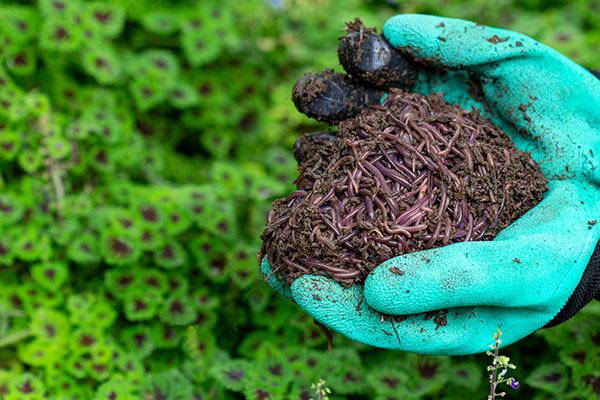
Chinese testing kits contaminated with bacteria
The contaminated kits were made by Guangzhou Bang Shuo Biotechnology Company, a producer of a wide variety of medical equipment. Inside the test tube vial in each kit is a pH indicator called phenol red. This substance changes color from pink to orange in acidic environments, which is usually taken to indicate the presence of bacteria.
“For clarity, when milk gets sour it is because of bacteria. The same thing happens in the substance inside the test tube when it is contaminated and then the indicator shows that,” said the Epoch Times’s source from within the health ministry.
“Something like this is not supposed to happen if you work within proper working conditions and according to Good Manufacturing Practice (GMP),” the source continued. “What bothers me even more, is that contaminated kits may indeed affect the test results.”
By affecting the pH inside of vials, the bacterial contamination interferes with the test results. The contaminated kits make a person appear negative for the coronavirus even if they’re infected with it.
The source then stated that the factory producing the kits was likely not following basic quality assurance protocols. If they were, it would be hard for the kits to get contaminated.
“They had to spot this. We are talking about a basic procedure: Taking a sample from every lot of test kits, keep it in an incubator, and check it for change of pH and cloudiness,” he said.
Not the first report of problematic Chinese testing kits
Israel isn’t the first to report that the testing kits they had purchased from China had issues. The University of Washington School of Medicine reported that testing kits they had purchased from China were contaminated with bacteria.
As with Israel, the kits ordered by UW Medicine had also demonstrated a change in color, indicating bacterial contamination. In their case, however, they were able to identify the contaminant as Stenotrophomonas maltophilia, a multi-drug resistant bacteria usually found in aqueous environments, but also occasionally colonized medical equipment.
Washington State Department of Health officials are now trying to track down and recall the Chinese kits purchased by UW Medicine and their manufacturer, Lingen Precision Medical Products, has offered to give the university a refund.
Meanwhile, other countries are finding that the Chinese testing kits that they’ve purchased are giving out inaccurate results. Both Spain and the Czech Republic have reported that the rapid tests that they’ve sourced from China gave false results 70 to 80 percent of the time. The Czech National Healthcare Institute warned that these tests only checked for antibodies and, as such, could not detect the coronavirus within the first five to seven days of infection -- when a patient is most infectious and has yet to develop antibodies.
The United Kingdom has also found issues with Chinese tests, this time with tests meant to check for antibodies, saying that they also returned inaccurate results. As a result, the British government is now seeking a refund for the test.
These reports of contaminated or inaccurate tests look to undermine China’s attempts to control the narrative of the outbreak. The country has been doing its best to try court countries by offering them much-needed supplies such as facemasks, gowns and testing kits. The country has even aggressively pursued its “mask diplomacy” strategy in places like Eastern Europe.
But the rush to produce these supplies seems to come at the cost of quality standards and safety procedures, with one broker reporting that 60 percent of Chinese factories don’t have sterile working environments. This is further compounded by reports of Chinese factory workers intentionally contaminating medical supplies meant for the West.
Sources include:
Please contact us for more information.























